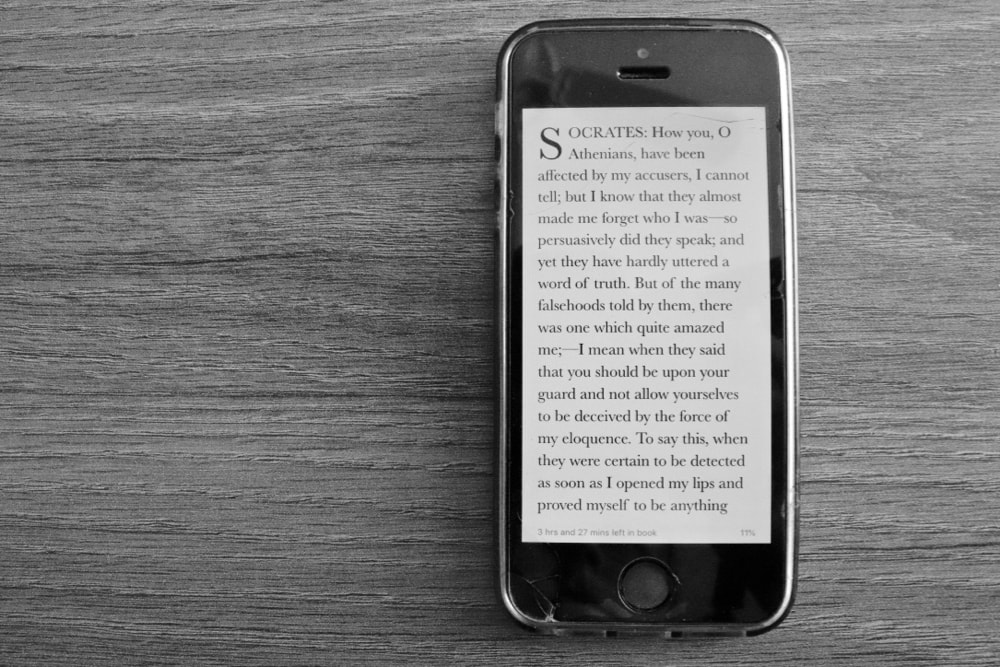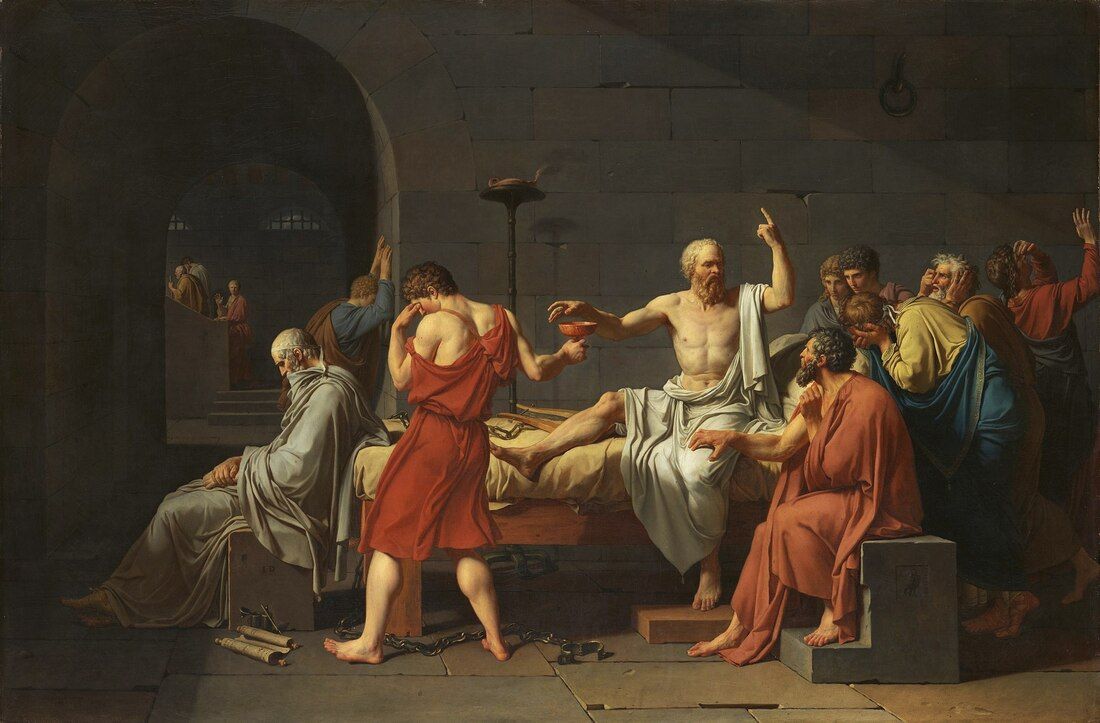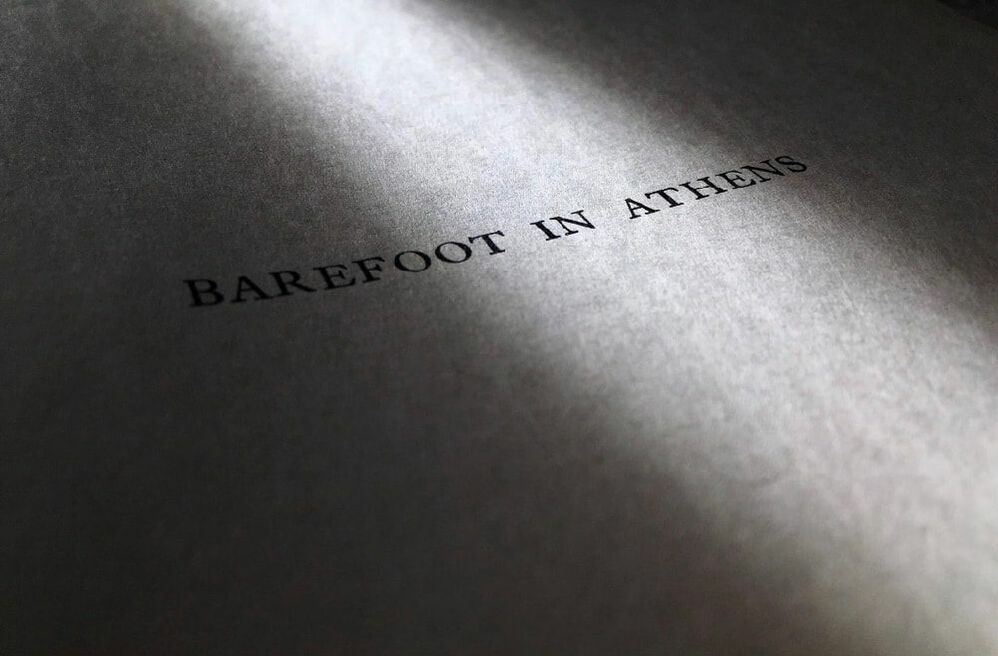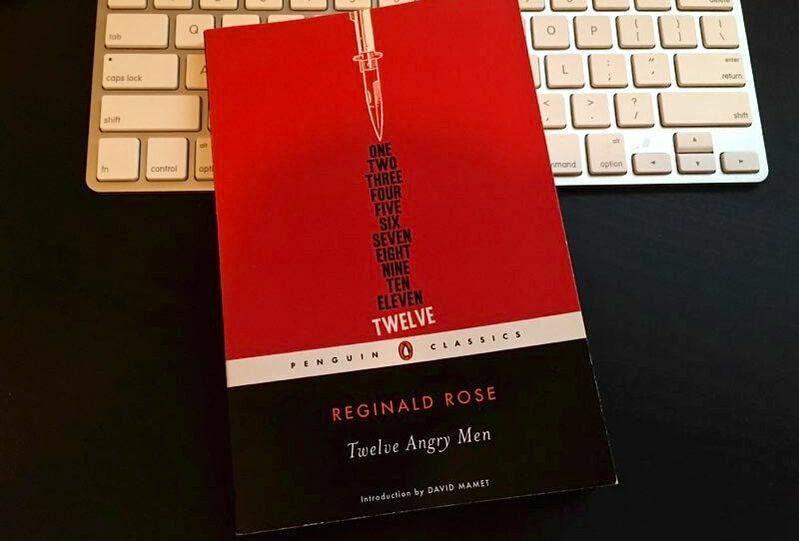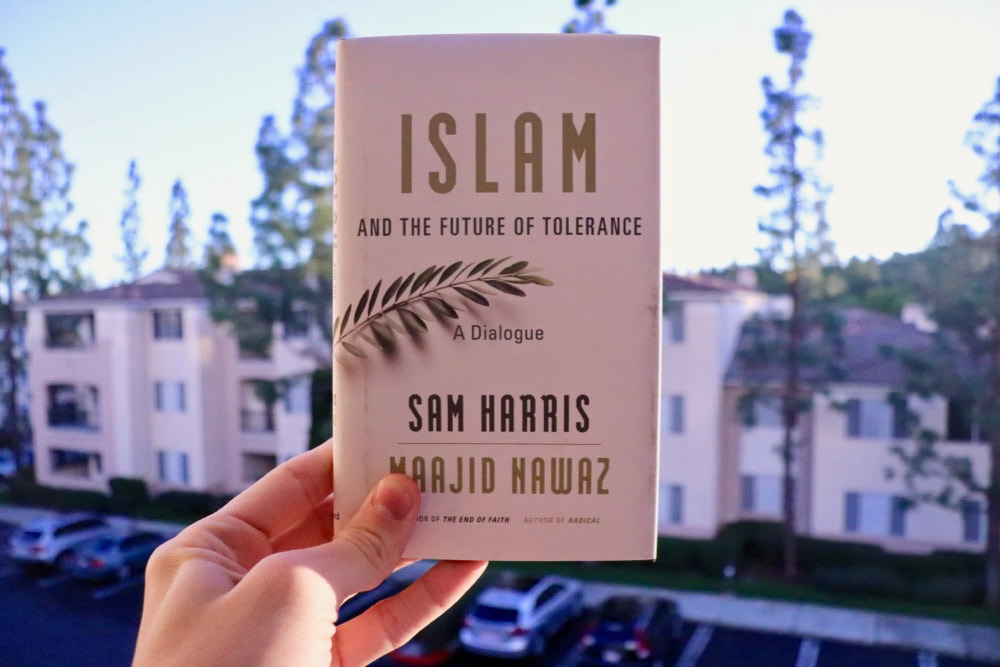The infamous trial and execution of Socrates in 399 B.C., as recounted by his then-mentee, Plato, fascinated me since first reading them in undergrad. The charges against the father of Western philosophy—impiety and corrupting the youth of Athens—and moreover, Socrates' decision to drink the poison hemlock instead of flee into exile, was frustrating and an enigma. Why would a critical, curious man accept the unjust death sentence—a sentence thrown down for merely asking uncomfortable questions to friends and strangers in the streets?
These four dialogues are powerful and uniquely relevant again in the age of so-called hate-speech, safe spaces, trigger warnings and phobia-labeling.
While reading, I wouldn't help but think of Jordan Peterson, the Canadian professor whose free speech against compelled speech brought him to the forefront of a profoundly divided conversation on tolerance, civility, and freedom.
I think about Lindsay Shepherd at Wilfred Laurier University and the inquisition into her open discussion of gender pronouns in a grammar course.
I think about Bret Weinstein at Evergreen State College and the students and teachers who demanded his resignation for refusing to leave the campus because he is caucasian—or even speak to defend himself.
I think back to Flemming Rose who in September 2005 commissioned and published twelve cartoons about Islam, prompted by his perception of the European media’s self-censorship. One of those cartoons, an image of the prophet Muhammad with a bomb in his hair, sparked what would become known as the “cartoon crisis,” during which both peaceful protests and violence erupted across the world.
I hope more of us revisit Socrates' trial and execution immediately. [JG]
These four dialogues are powerful and uniquely relevant again in the age of so-called hate-speech, safe spaces, trigger warnings and phobia-labeling.
While reading, I wouldn't help but think of Jordan Peterson, the Canadian professor whose free speech against compelled speech brought him to the forefront of a profoundly divided conversation on tolerance, civility, and freedom.
I think about Lindsay Shepherd at Wilfred Laurier University and the inquisition into her open discussion of gender pronouns in a grammar course.
I think about Bret Weinstein at Evergreen State College and the students and teachers who demanded his resignation for refusing to leave the campus because he is caucasian—or even speak to defend himself.
I think back to Flemming Rose who in September 2005 commissioned and published twelve cartoons about Islam, prompted by his perception of the European media’s self-censorship. One of those cartoons, an image of the prophet Muhammad with a bomb in his hair, sparked what would become known as the “cartoon crisis,” during which both peaceful protests and violence erupted across the world.
I hope more of us revisit Socrates' trial and execution immediately. [JG]
The Death of Socrates (1787) by Jacques-Louis David
| "Above all, I shall then be able to continue my search into true and false knowledge; as in this world, so also in the next; and I shall find out who is wise; and who pretends to be wise; and is not." — Socrates, The Apology |
YOU MAY ALSO LIKE

